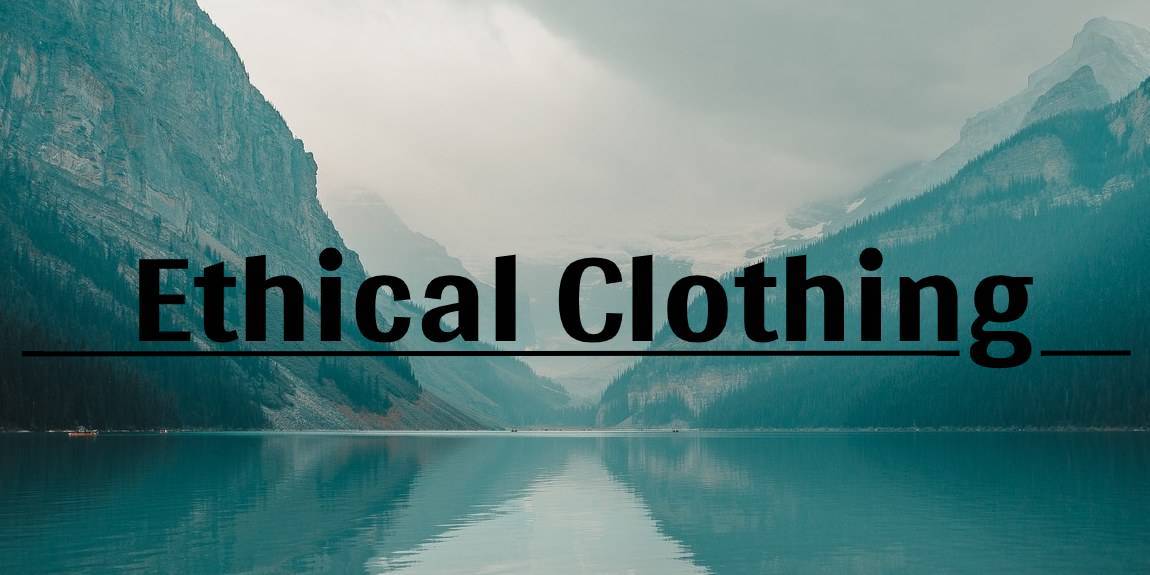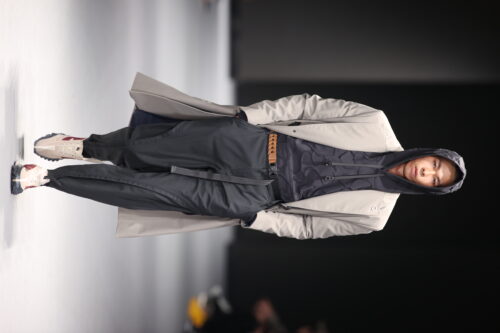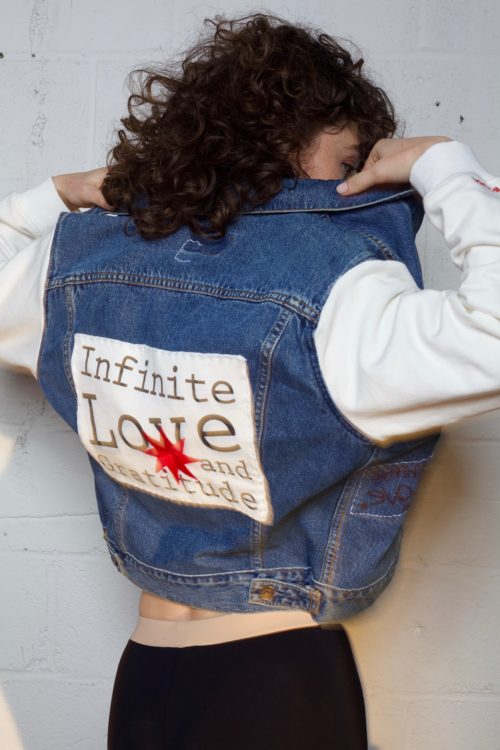Founders Ben and Jack met when working together at Photoslurp, another startup that was founded by Ben back in 2015. They immediately found that they shared a lot of common views, especially on environmental issues.
As tech savvy people, keen to live ethically, they realised it wasn’t so easy to find genuine sustainable clothing, especially when you have something specific in mind. Even with the best intentions, shoppers can get sucked in by bigger brands that might appear ethical, but don’t live up to their green image behind the scenes.
With deep pockets it turns out that greenwashing is all too easy, and before you know it you’ve reached the online checkout of Zara, with 5 more items in your basket than you needed!
The truth is that the fashion industry has become expert at pulling the wool over our eyes, leading us to believe that all is fair, humane, and environmentally conscious. Many brands know exactly what to say, and how to ‘dress up’ their products with sustainable messaging, whilst falling so far short on the fundamentals, such as supply chain transparency, fabric choice, build quality, human rights, and recycling.
Behind the haze of branding and carefully curated narratives, there are products, and what really matters is how these products are sourced, manufactured, and disposed of at the end of life. This is the part we almost never see, and there’s a reason for it…
Over the last 20 years, the explosion of fast fashion has led to a doubling of clothing production, and a shift in culture. We now consume and dispose of clothing faster than ever before. We want what we see, and we want it for a price that’s just not sustainable.
But somewhere, someone or something, always pays a price for our unrealistic demands. This aggressive consumerism has generated an industry that’s already stretching natural resources and people to their limits.
Unfortunately, the overwhelming majority of the industry has put profit ahead of sustainability, fueling a culture of super cheap, disposable clothing. If a T-shirt costs five pounds, this is very real a problem, not a bargain.
However, ethical brands do exist, and there are perhaps even more than you’d think. By supporting these brands, and neglecting those that are blatantly unsustainable, together we can make the incremental changes needed to drive a new, cleaner, conscientious fashion industry that’s fit for the future.
So, to help the conscientious consumer and genuine ethical brands, Ethical Clothing has begun putting all the ethical clothing products from across Europe in one place, so shoppers don’t have to scour the internet to ensure they’re making the right choices. As of course, in order to make ethical purchases we need a range of ethical options. By the same token, the brands they feature are given a platform dedicated to helping them find more loyal customers.
But it doesn’t quite stop there, they’re also keen that consumers should receive honest and open information on the important issues relating to sustainability and ethics within the fashion industry.
To date they’ve already covered broad topics like circular, and fast fashion in depth, as well as controversial materials like bamboo and cotton. Their intention is to report on these topics with an honest appraisal of the issues that matter, as it’s their firm belief that understanding is the cornerstone of meaningful change in complex matters like sustainability.
Ultimately, Ben and Jack hope that ethical-clothing.com will connect more people with more ethical brands for a frictionless and sustainable shopping journey that helps stem our addiction to fast fashion and throw-away culture.




